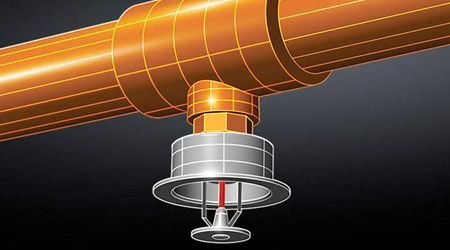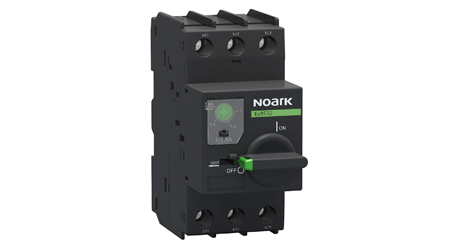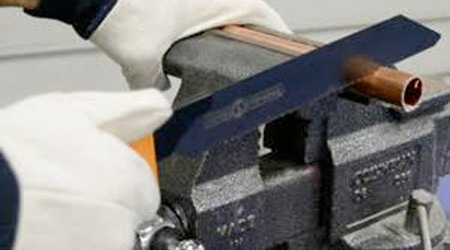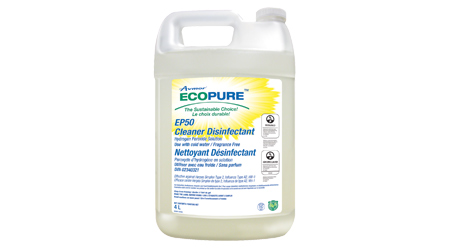« Back to Facilities Management News Home
« Fire Safety/Protection
Antifreeze Fire Suppression Earns UL Certification

With TYCO LFP Antifreeze, Johnson Controls has developed the first – and currently the only – UL Certified antifreeze. This third-party tested and evaluated solution helps fire protection systems comply with National Fire Protection Association (NFPA) 13, 13R, and 13D, which require the use of listed solutions in new antifreeze systems. Existing antifreeze systems must meet this requirement by 2022 under NFPA 25.
The patented LFP Antifreeze is ideal for use in a variety of applications where a sprinkler system could be exposed to temperatures below 40ºF – including both residential and commercial applications. “Johnson Controls is proud to be the first to offer its customers a UL Certified solution that helps comply with NFPA freeze protection requirements,” said Don Ricca, director of Product Management, Johnson Controls. “LFP Antifreeze is formulated to help ensure fast and effective flow in water-based fire suppression systems and protect pipes against damage from freezing in temperatures as low as -10ºF.”
“We are happy to see the first UL certified antifreeze solution available on the market,” said Kevin Faltin, UL’s vice president of Building Materials and Suppression. Antifreeze solutions are tested and certified to UL 2901, which evaluates fire performance, the stability of the antifreeze solutions, the effect when exposed to certain materials associated with sprinkler systems, human health and environmental impact, hydraulic characteristics, marking and installation specifications.”
LFP Antifreeze is suitable for use with most common piping system materials, including CPVC, and can be a more cost-effective solution compared to some other freeze protection methods that might be more complicated to install and maintain. LFP Antifreeze is environmentally friendly and can be easily disposed of through normal sewer or septic systems (when in compliance with local laws and guidelines) or at local waste water treatment centers.
More From 1/7/2019 on FacilitiesNet












